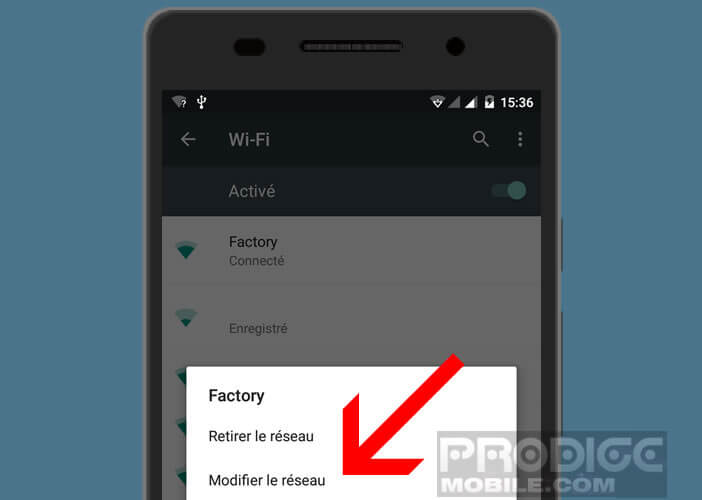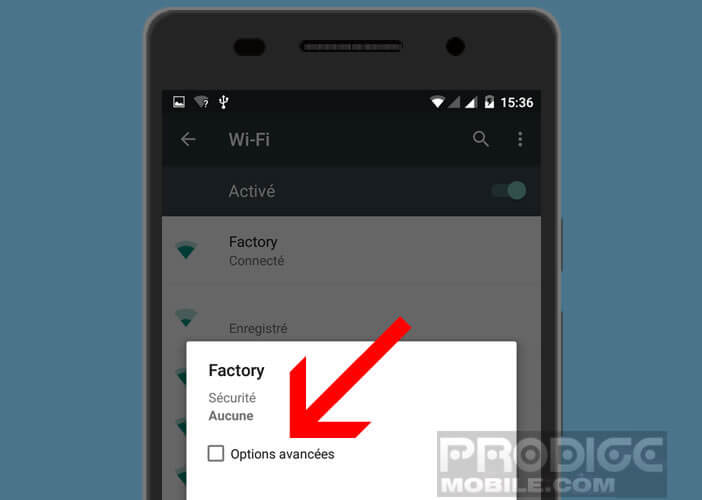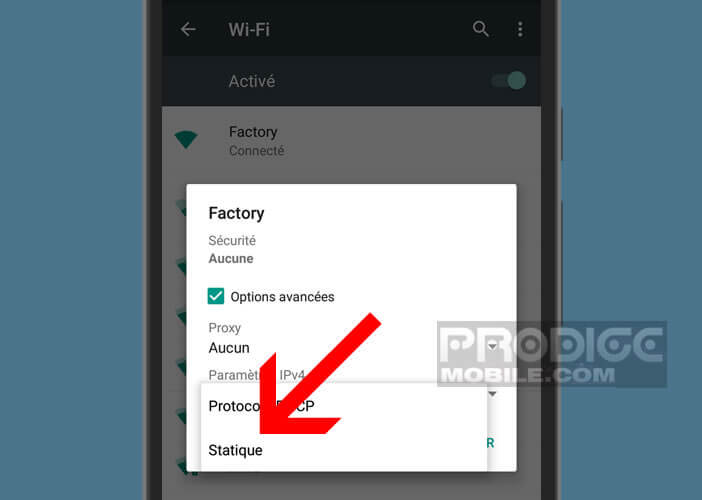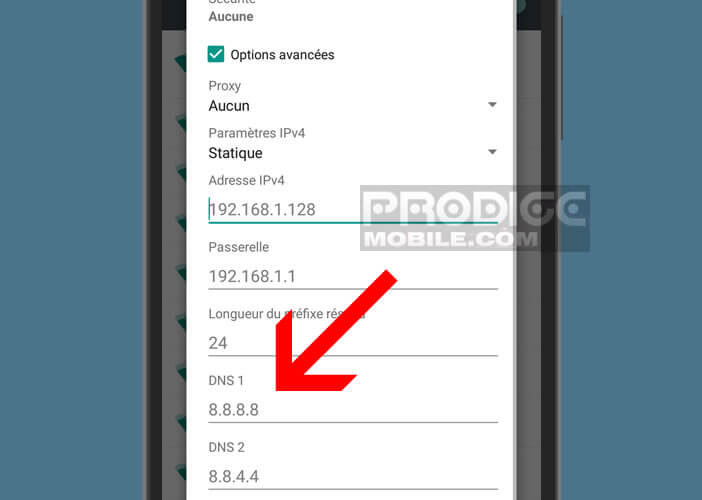
Slowness on certain sites, difficulties accessing the web or fear of being tracked down for your ISP? To browse the web faster while protecting your privacy, simply change the DNS of your Android smartphone. This can be done in a few minutes without any technical knowledge..
How to change the DNS settings of your smartphone
Few people really realize the importance of DNS servers. And yet this system plays an important role in the speed of the display of sites. It is the backbone essential for internet communications.
Unfortunately not all DNS servers are created equal. Those provided by Internet service providers generally suffer from slowness, especially during peaks of activity (in the early evening). If some web services take a long time to appear while your internet connection is working, you are probably having some trouble with your ISP's DNS..
To overcome this problem, simply change it. Several companies offer their own DNS services. This is the case for example of Google, Cloudflare or OpenDNS. Changing the DNS settings can be done on any Android smartphone without installing a third-party application.
- Open the settings of your Android smartphone
- Activate Wi-Fi
- Keep your finger pressed for a few seconds on the name of your wireless connection
- Tap on the option Edit network

- Check the Advanced options box

- Select the IPv4 Settings section
- Choose the Static option

- Then enter the data (IP addresses) provided for the company managing the DNS servers in the DNS 1 and DNS 2 fields.

- For example, to use the Google service, you will need to enter the following addresses: 8.8.8.8. and 8.8.4.4.
- For OpenDNS: 208.67.222.222 and 208.67.220.220
Now you just have to close the settings of your Android smartphone and launch your web browser to appreciate the speed gain. Both web pages and video content (YouTube) will load faster. You will benefit from a smoother navigation..
According to a study carried out by an independent firm, the DNS of operators display an average latency of 70 ms (milliseconds) against 20.66 ms for OpenDNS. Obviously the gain in time may seem small but put end to end it makes several minutes to win.
DNS and securing personal data
With the arrival of new European regulations, there has never been so much talk about personal data and its processing. But curiously, few newspapers mention the case of DNS servers. However there is a risk of traceability of its data.
Obviously, the companies offering this type of service are not supposed to collect your connection information to profile you. But always remember that your DNS service has the complete list of sites you visit (domain names) and the time at which you connect. In a word, he knows the smallest details of your surfing habits.
In absolute terms, it is advisable to opt for free, fast and secure service. But since Cisco's takeover of OpenDNS for the whopping $ 635 million, the choice is particularly limited. Note that the operator Cloudflare undertakes to erase the traces of your navigation every 24 hours and not to use your personal data.
To the problem of privacy is added the risk of censorship. Indeed, some DNS servers block sites based on domain names. This is particularly the case for illegal download platforms. In short, you will understand that choosing a DNS is above all a matter of trust.
What is DNS for?
To put it simply, the DNS server is like a huge directory. So when you type a web address in the bar of your browser or when you click on a link, your smartphone will not connect directly to the site. It will first ask the DNS server for the IP address corresponding to the requested web page.
It is only once in possession of this precious sesame that your smartphone can access the site. We often forget it, but our computers communicate with each other via their IP address (real machine identity card). Without DNS, we could not find the IP address of a site and therefore access web pages. It is still easier to remember an address like www.prodigemobile.com than a number made up of 10 digits.
But the DNS servers do not only resolve IP addresses. This system is also used to ensure the proper management of emails. This is why it is important to choose these new DNS servers carefully. Before opting for a public IP resolver, make sure on the internet that it is trustworthy. It would be very annoying that when connecting to your bank accounts, your DNS server sends you to a hacked site.